Avoid These Common Car Maintenance Mistakes in 2025
Regular car maintenance is essential for keeping your vehicle in good condition. It helps ensure safety, improves performance, and prevents costly repairs. However, many car owners unknowingly make maintenance mistakes that can lead to serious issues over time.
In 2025, as vehicles become more advanced, proper upkeep is more important than ever. Ignoring routine maintenance, using incorrect parts, or delaying necessary repairs can reduce your car’s lifespan and increase expenses.
In this blog, Drive UAE will highlight the most common car maintenance mistakes to avoid.
Neglecting Oil Changes
Oil is essential for keeping your car’s engine running smoothly. It lubricates moving parts, reduces friction, and helps prevent overheating. Over time, engine oil breaks down and collects dirt, making it less effective. If you skip regular oil changes, the engine can suffer from increased wear and tear, leading to overheating, reduced fuel efficiency, and even engine failure.
To avoid these problems, follow your car manufacturer’s recommended oil change schedule. Most modern vehicles require an oil change every 5,000 to 7,500 miles, but this may vary based on the type of oil used and driving conditions. Regular oil changes keep your engine clean, improve performance, and extend your car’s lifespan.
Ignoring Dashboard Warning Lights
Dashboard warning lights are your car’s way of alerting you to potential problems. These signals should never be ignored whether it’s the check engine light, oil pressure warning, or battery indicator. Some lights indicate minor issues, but others warn of serious problems that can lead to breakdowns or costly repairs if left unchecked.
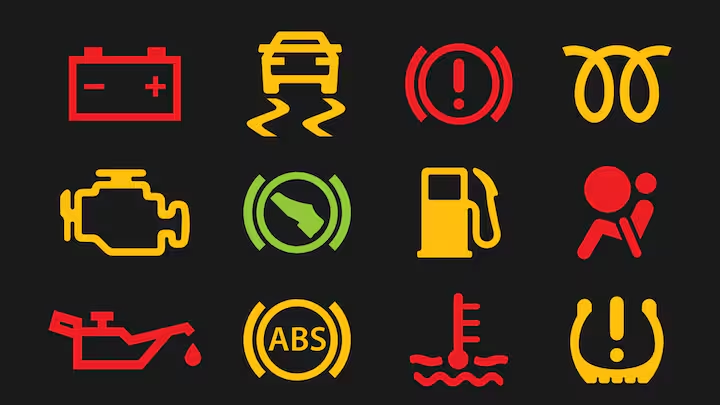
If a warning light appears, refer to your owner’s manual to understand what it means. Addressing warning lights promptly can prevent further damage and ensure your car remains safe and reliable.
Using Incorrect or Low-Quality Replacement Parts
When replacing car parts, using the right components is essential for maintaining performance and safety. Some car owners opt for cheaper, low-quality, or incompatible parts to save money, but this can lead to serious issues. Poor-quality parts may wear out faster, reduce fuel efficiency, or even cause mechanical failures. For example, using the wrong brake pads can compromise stopping power, putting you and others at risk.
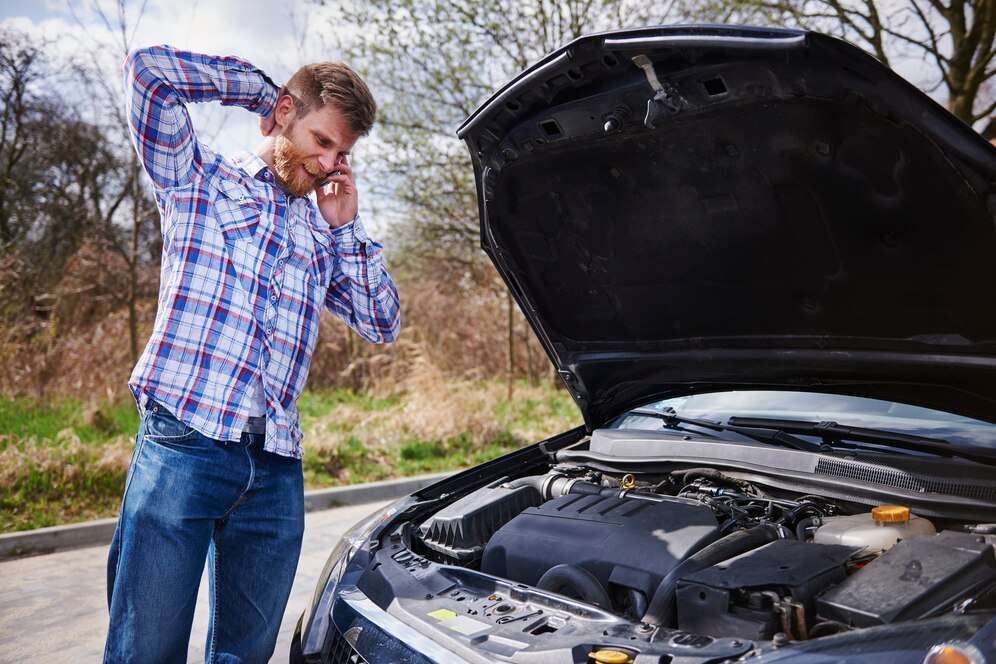
To avoid these problems, always choose high-quality or original equipment manufacturer (OEM) parts that match your car’s specifications.
Skipping Tire Maintenance
Tires play a crucial role in your car’s safety, fuel efficiency, and overall performance. However, many car owners overlook routine tire maintenance, which can lead to uneven wear, poor traction, and even blowouts. Driving with underinflated or overinflated tires can reduce fuel efficiency and make handling more difficult, while worn-out tread increases the risk of accidents, especially on wet or slippery roads.

To keep your tires in good condition, check the air pressure regularly and ensure it matches the recommended level in your car’s manual. By maintaining your tires properly, you can improve safety, extend their lifespan, and enhance your driving experience.
Overlooking Fluid Checks and Changes
Your car relies on several essential fluids to function properly, including engine oil, coolant, brake fluid, transmission fluid, and power steering fluid. Neglecting to check and replace these fluids can lead to overheating, brake failure, transmission problems, and other serious issues. For example, low coolant levels can cause the engine to overheat, while old or dirty brake fluid can reduce braking efficiency, putting your safety at risk.
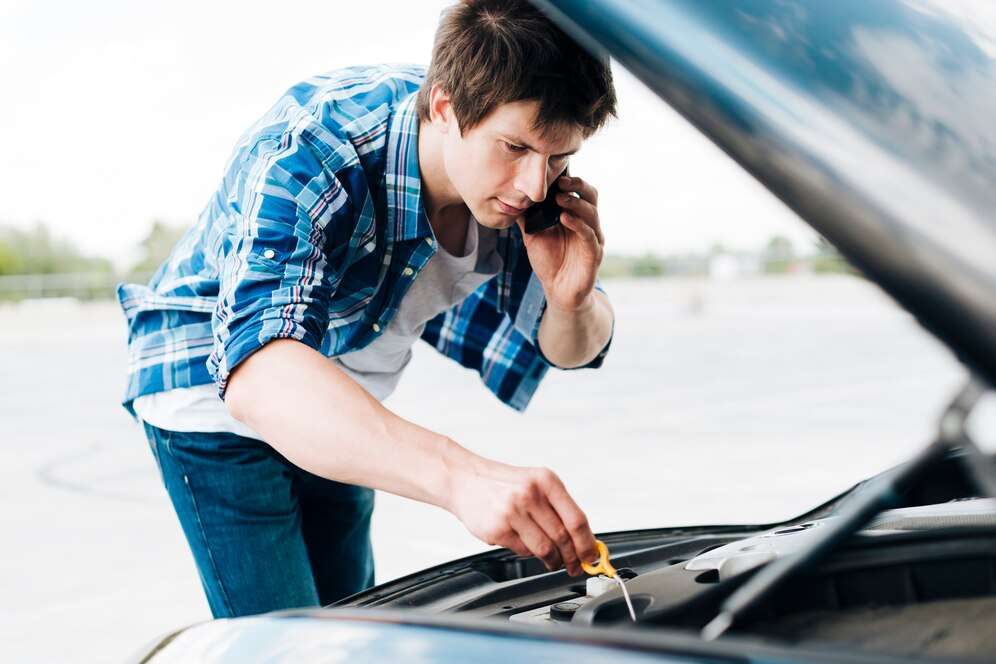
If you notice leaks, unusual smells, or warning lights related to fluid levels, have your car inspected by a professional. Keeping fluids clean and at the right levels helps maintain smooth operation, prevents costly repairs, and extends the lifespan of your vehicle.
Disregarding Brake Maintenance
Brakes are one of the most important safety features of any vehicle, yet many car owners neglect their maintenance. Worn-out brake pads, low brake fluid, or damaged brake components can lead to reduced stopping power, longer braking distances, and even complete brake failure. Ignoring squeaking, grinding noises, or a soft brake pedal can put you and others on the road at serious risk.
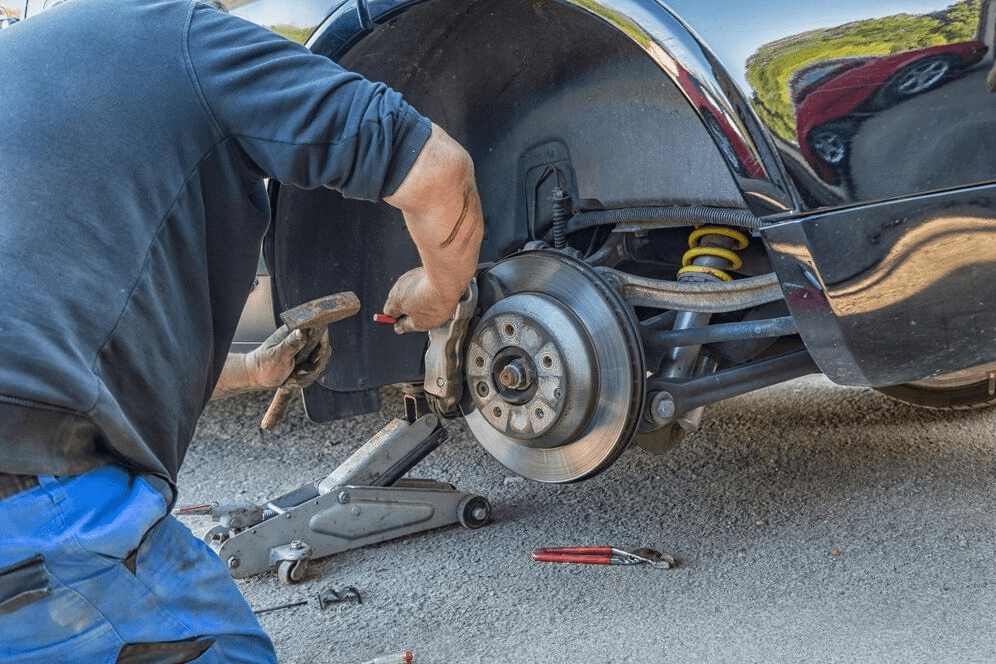
To ensure your brakes remain in top condition, have them inspected regularly, typically every 10,000 to 15,000 miles or as recommended by your car’s manufacturer. Replace brake pads before they wear down completely, and check brake fluid levels to maintain proper braking performance.
Using Improper Cleaning Techniques
Keeping your car clean is essential for maintaining its appearance and preventing damage, but using the wrong cleaning techniques can do more harm than good. Harsh chemicals, abrasive sponges, and improper washing methods can scratch the paint, damage the interior, and reduce the lifespan of your car’s finish. Using dish soap instead of car shampoo, for example, can strip away protective coatings, leading to faster paint deterioration.
To clean your car properly, use a pH-balanced car shampoo, microfiber cloths, and a soft sponge to avoid scratches. Wash your car in the shade to prevent water spots, and regularly wax it to protect the paint. For the interior, use appropriate cleaners for leather, fabric, and plastic surfaces to prevent fading and cracking.
Conclusion
Proper car maintenance is essential for keeping your vehicle safe, efficient, and long-lasting. By avoiding common mistakes like neglecting oil changes, ignoring warning lights, using low-quality parts, and skipping essential checks, you can prevent costly repairs and ensure a smooth driving experience.

